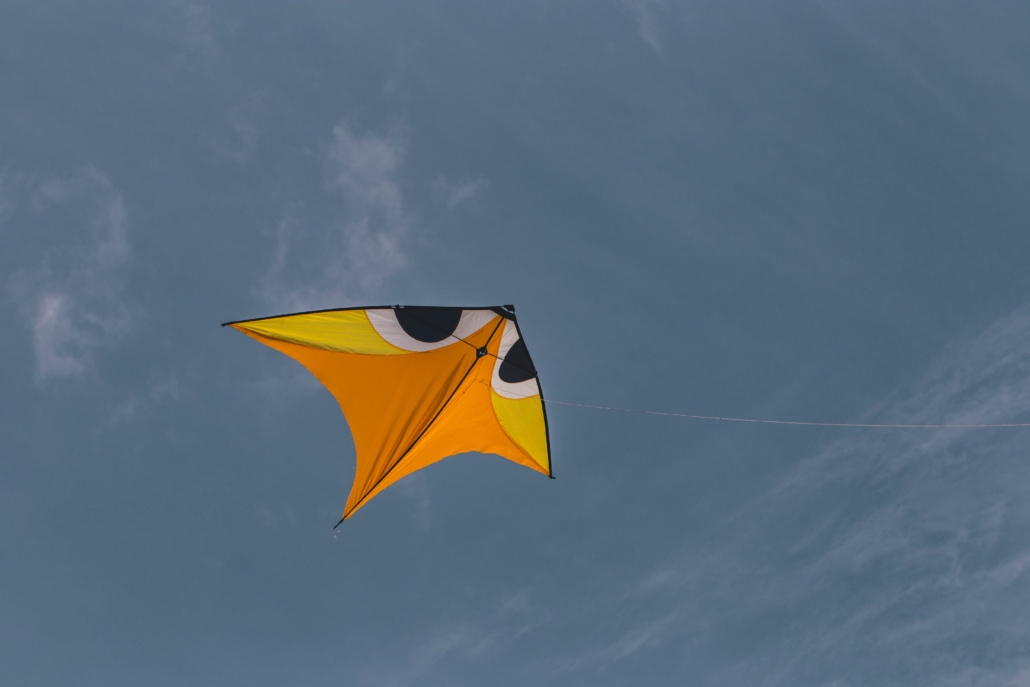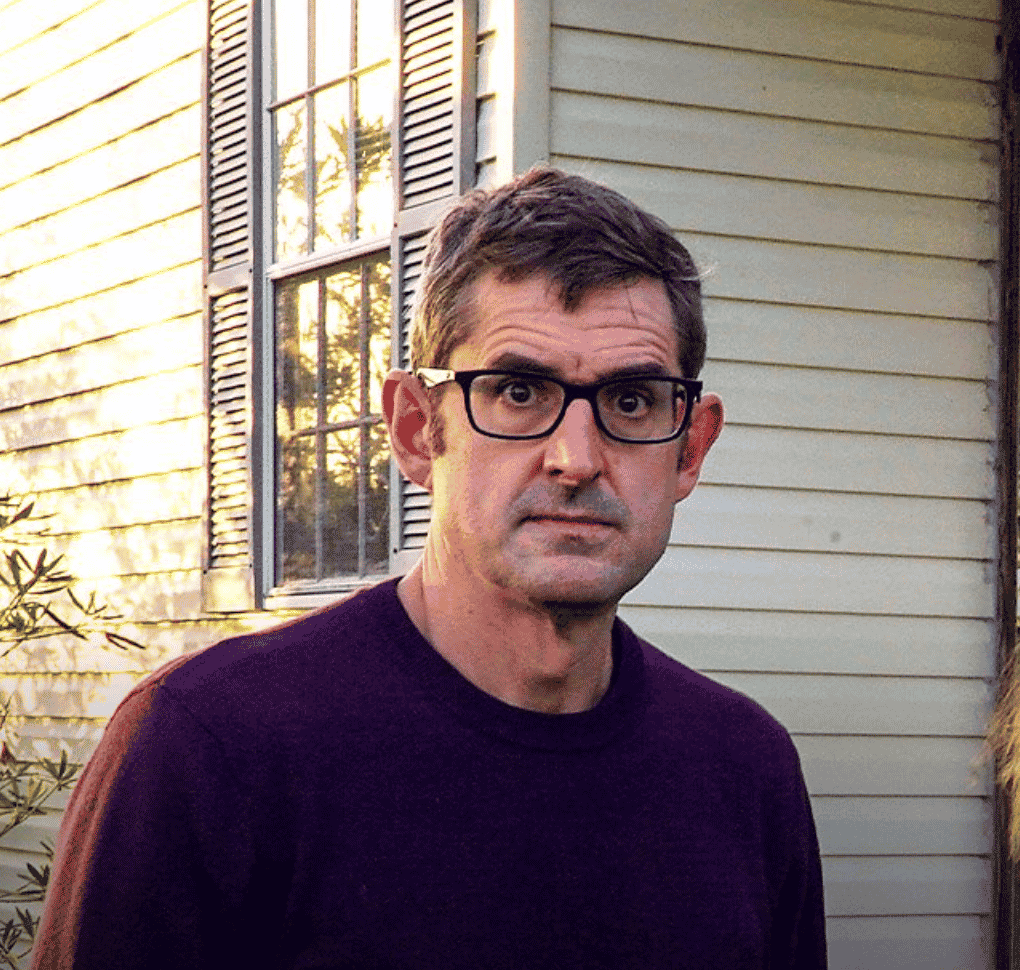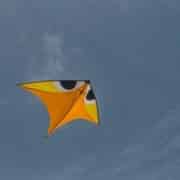Go Figure: The Art of Not Revealing a Number When You Don’t Want To
Here’s a little secret.
There’s a technique that journalists sometimes use called ‘kite-flying’.
It’s a method of extracting a number out of an interviewee who is reluctant to reveal it.

In journalism, kite-flying is suggesting a fact or story to provoke a reaction. Image from Unsplash
Here’s how it works:
After asking the initial question ‘how much?’ and being told by the interviewee that it’s not something they wish to reveal, the journalist then offers a wildly inflated version of what they think the number might be, which prompts the interviewee to respond with words akin to ‘no, no, not that much!’ The journalist then immediately comes back with a lower figure which is likely to be closer to the one they are trying to extract. Having already engaged in discussion about the number, it’s now much harder for the interviewee to say that they can’t reveal it, and they often reply with something like ‘yes – that’s more like it’ or ‘yes, that’s closer to the truth.’
Voila! From the journalist’s perspective, a reluctant interviewee has been tempted to reveal a number (or a ballpark figure, at least) that they were originally trying to withhold.
The bad news: this technique is so powerful it almost always works.
The good news: now you know the secret, it doesn’t have to work with you!
The method to avoid falling into this trap was exhibited by an interviewee in a Louis Theroux documentary ‘Shooting Joe Exotic’ on BBC2 last week. One of his guests was lawyer Francisco Hernandez, lead counsel for the legal team behind Joe Exotic, the subject of the American true crime series ‘Tiger King’, who is now behind bars (if you need a briefing on the content of the programme, Wikipedia does a good job of summarising it here).

Louis Theroux
In a space of just 20 seconds, Theroux asks Hernandez three times for the amount Joe Exotic is making from the proceeds of ‘Tiger King’, despite being a convicted criminal:
Link to BBC iPlayer: Louis Theroux – Shooting Joe Exotic
(from 1:07:04 to 1:07:24)
His first question goes as follows:
LT: Do you know how much Joe is making on all of this?
FH: Er… I have an idea; I’m not at liberty to disclose it.
An excellent response. He’s telling the truth about what he knows, but also states he’s not going to reveal it. (Note: for Hernandez to claim he “didn’t know” in order to close the question down would be lying – something we never recommend and could have got him into even deeper water!)
Nevertheless, this is immediately followed by Louis’ second question, designed to pin his interviewee down to a ballpark amount:
LT: Six figures? Seven figures?
FH: I can’t, I can’t, I can’t disclose anything related to that.
It would be tempting for his guest to ‘give’ a little by acknowledging one of those two options (namely “six” or “seven” figures) or perhaps to come up with a ballpark of his own (e.g. “well – five figures, maybe”). But this would have been a ‘win’ for Theroux, who would have immediately started drilling down further. Instead, Hernandez resolutely states not only that he “won’t” reveal the number, but for an undisclosed reason he “can’t” (which suggests that even if he wanted to, such a response would not be possible).
Finally, Louis makes one more attempt, with a classic ‘kite-flying’ question:
LT: In theory it could be more than a million?
FH: I, I, I, I, can’t even… I can’t comment… I can’t comment even higher or lower, or even warm… I cannot.
Again, it would have been tempting for Hernandez to agree to the “in theory” part of the question. But to do so would have signalled to Theroux that he was willing to discuss the amount after all, which would have allowed him to push for an answer again. Instead, when Hernandez states explicitly that he is not going to reveal whether the suggestion is even close to the true answer, Theroux is forced to give up on this line of approach.
Ultimately, however tempting it is to do so, don’t even engage in a discussion about the number you are determined to withhold, and simply state that it’s not something you can reveal. If you have a genuine explanation for why you can’t reveal it (e.g. ‘for reasons of commercial confidentiality…’), even better.
In short, the journalist may choose to fly a kite; you don’t have to join them.
Avoiding journalist tricks and traps is just one part of our regular media training sessions.
So, if you’d like to stay safe during your next interaction with the media, we can help.
- Introducing the ‘Act Out’: - October 29, 2024
- Politics as Entertainment - July 2, 2024
- All Presenters Need a Critical Friend - April 23, 2024




Leave a Reply
Want to join the discussion?Feel free to contribute!